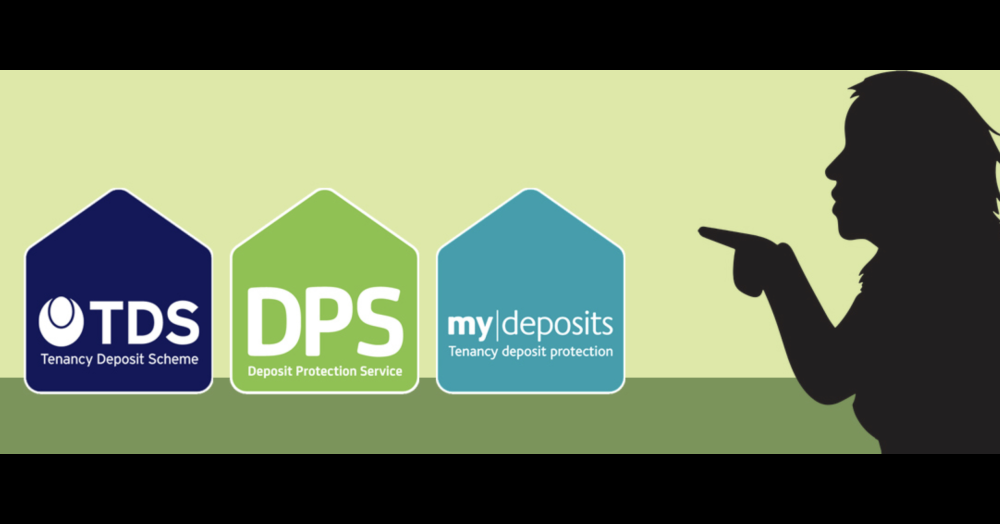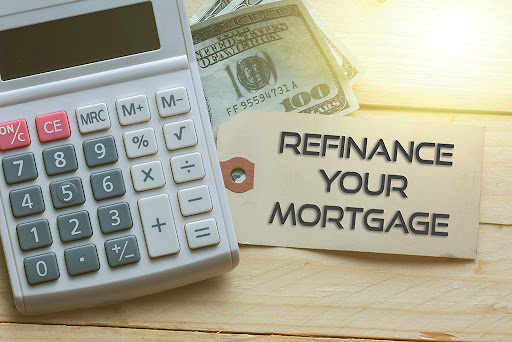People investigate refinancing a mortgage for many reasons. If you are considering refinancing your mortgage you should understand the costs and benefits, as well as the different types of mortgages. Your home is potentially your largest financial asset, so you should ensure that you are making the right decision for your needs and that you involve the right lender.
You should review your current interest rate versus the market rate, your credit score and have a good understanding of the various types of mortgages available to you before you speak to a mortgage professional.
Refinancing may be a smart strategic financial decision based on your current situation. Ultimately, understanding the reasons for refinancing can help you make a good decision.
Refinancing opportunities to consider:
• Interest Rates. You can achieve savings on your monthly payments by finding an interest rate that is at least a point lower than your current rate. Your savings could be healthy enough to accept the upfront cost of refinancing your mortgage.
• Reduce Debt. While refinancing a mortgage should not be your first line of cash to reduce existing debt, your home equity can be used to pay off higher interest debts (like credit cards or auto loans).
• Change Mortgage Type. Refinancing may allow you to change the type of mortgage that you hold. If market interest rates are low, you might consider switching from an adjustable rate to a fixed rate loan. This will give you set monthly payments. You can also review the term or length of your mortgage. Shortening the term of your mortgage will increase your monthly payment but you will save on interest payments in the long term
• No-cost / low cost options. Many lenders now have a no-cost or low cost refinancing option that could leave you with no out of pocket expenses. Speak to your lender about what options are available, but be sure to read the fine print.
• Cash Out. Some people will refinance their home and receive cash as part of the transaction to pay for other endeavors, like education, investments, or starting a business. Typically, your mortgage should not be your first source of funds for these types of items, but it is a financial source that is available.
When not to refinance:
• Cash Out – Second Time. Increasing your mortgage to pay your debts or to buy something for yourself (family vacation, boat, or furniture) is not smart financial move. Set up a budget for you and your family to change your spending patterns so that you can reduce your debt and start saving for your emergency fund or for a specific item like a vacation, boat, or new car.
• Extending the mortgage term. Increasing the number of years it will take to pay off your mortgage may reduce your monthly payment over the term of the loan, but you will incur increased interest payments.
Refinancing a mortgage is a personal decision that must address your financial situation. Be sure to understand what options and opportunities are available for you during this process so that you can make the best decision



